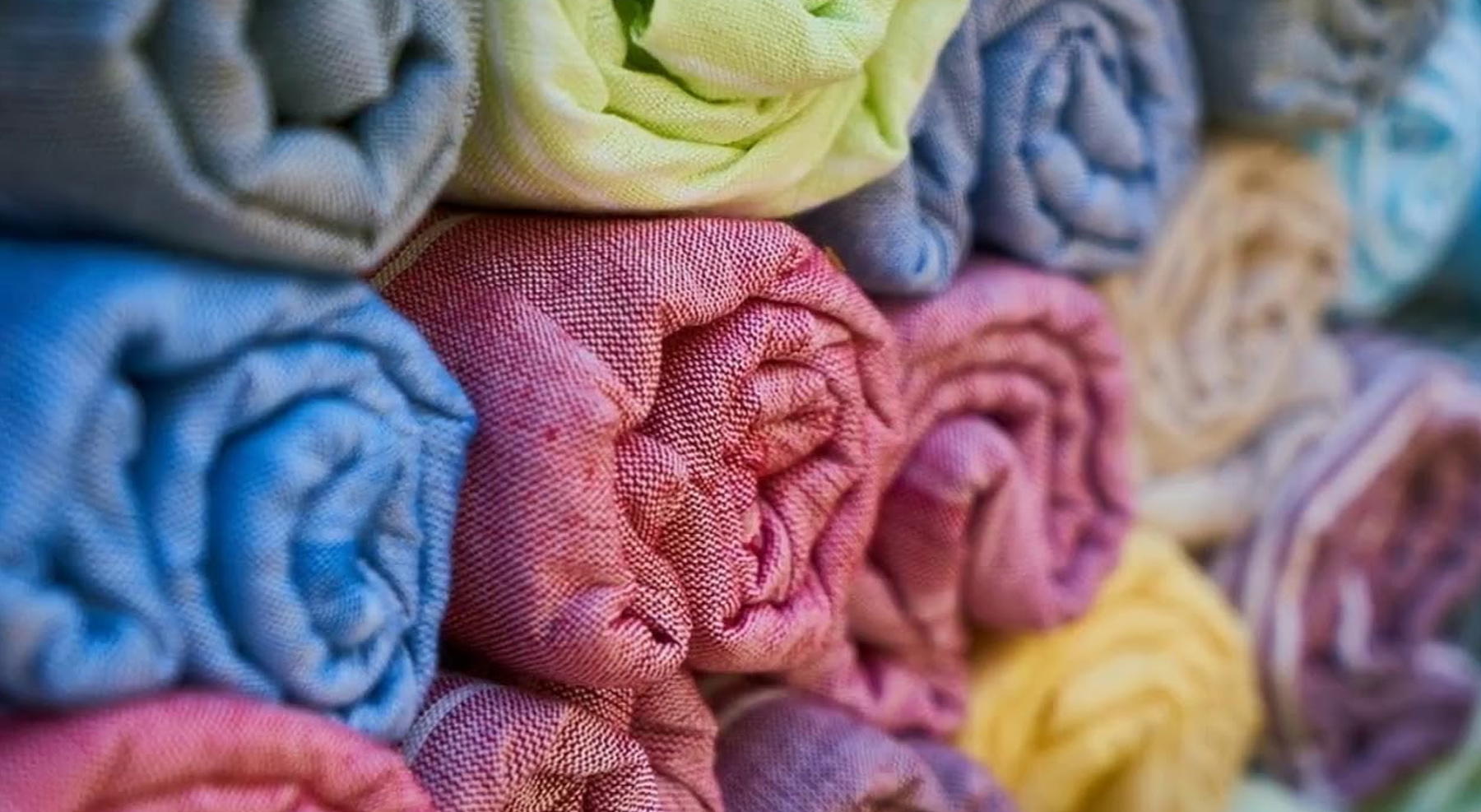 English
English
-
Call center (Uzb) :
+998(71) 230 95 94
- OFFICE IN TASHKENT
-
The Quality Policy of BEK MEGA GROUP:
- Implementing and continuously improving the quality management system.
- Accurately understanding customer expectations and fulfilling them on time.
- Continuously enhancing quality and efficiency while reducing costs.
- Doing the job right the first time and every time.
- Promoting and supporting training and teamwork.
Product Quality Inspection Tests
At BEK MEGA GROUP, we are committed to consistently providing high-quality products to our customers. To achieve this, we conduct initial quality inspections with the guidance of our professional team, implement rigorous control stages throughout the production process, and carry out comprehensive laboratory tests even after the product is finalized
Quality Control at Bek Mega Apparel Factory
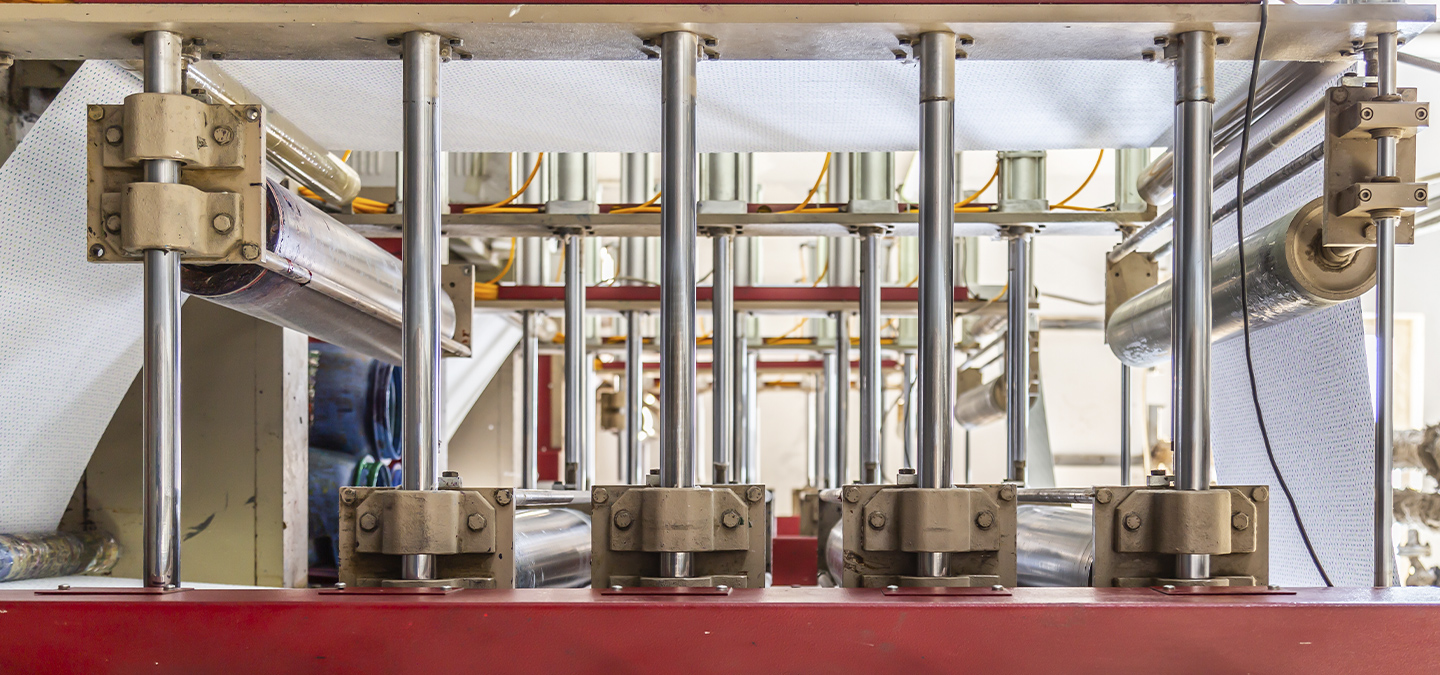
Some of the tests performed in our laboratories and their purpose of implementation
Quality Control at Bek Mega Dyeing, Printing, and Finishing Factory
Reporting is made according to the 4-point error system for each knitted fabric batch produced. It is subjected to various tests in the control laboratory in line with customer demands. It serves with 18 Automatic Batch Control Machines with a daily production capacity of 60 tons.
Physics Laboratory
In Kasar Dual Test laboratory, all fastness and physical tests are implemented to each batch in production. Fabrics are tested with devices under physical testing standard conditions of 65% ±4 humidity, 20°C ±2.
Tests Conducted:
- Washing Fastness, Water Fastness, Sweat Fastness
- Friction Fastness, Phenolic
- Size Change After Washing, Twisting After Washing
- Pilling Test (ICI Pilling Test, Martindale Pilling Test)
- pH, Weight, Width, Tensile Strength
- Tear Strength and Recovery Elasticity
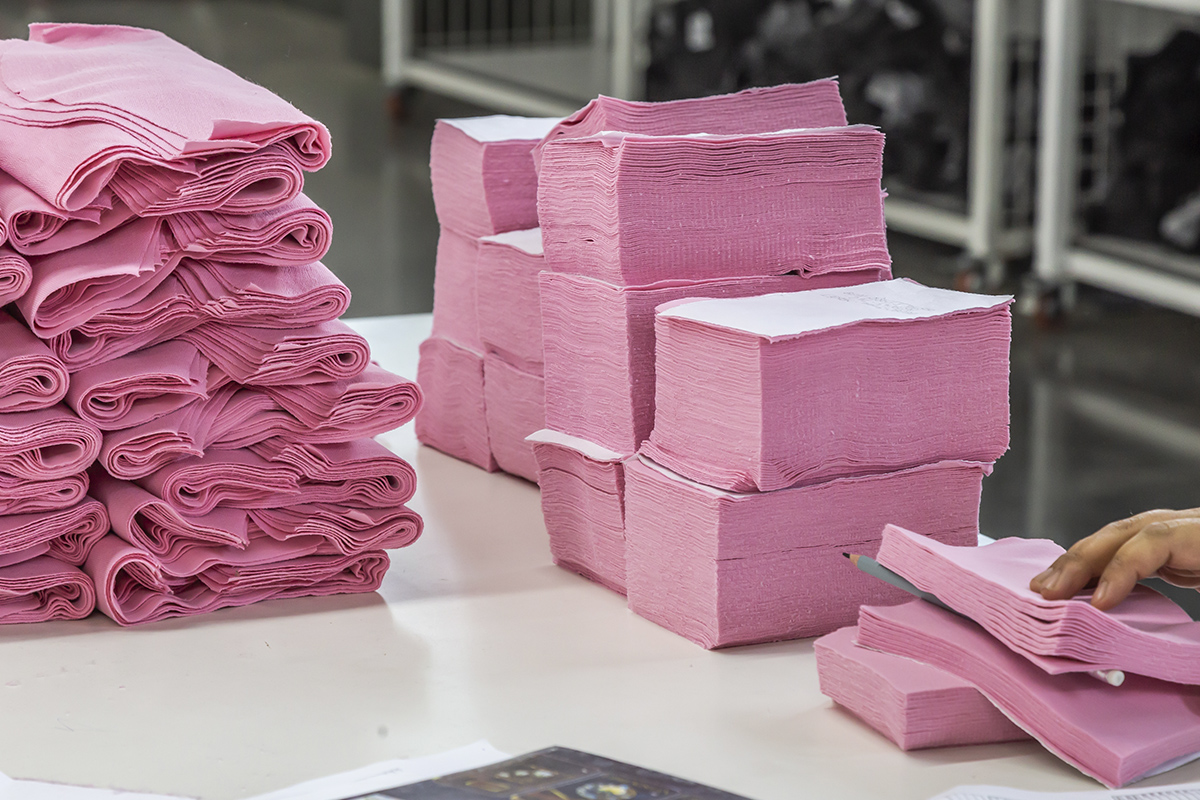
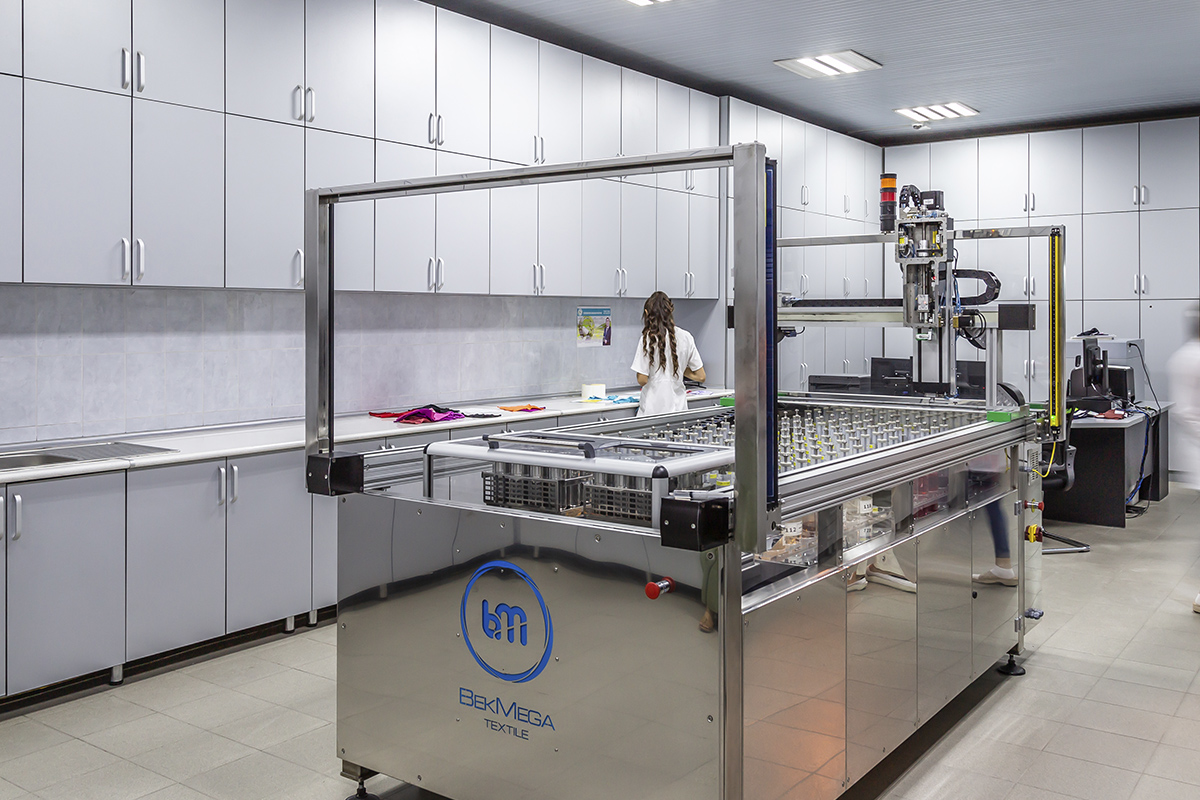
Chemistry Laboratory
It consists of 3 main units: knitting dyeing, pad batch dyeing and chemical analysis.
Formulas are created on an automated pipetting machine with the computer guidance of specialized colorists. The total number of colors per day is between 700-750. The pre-conditioning measurements of the fabrics are made with the Datacolor brand spectrophotometer. Formaldehyde, pH, etc. tests are implemented to each batch in malaoeko-tex 100 standards.
Quality Control at Bek Mega Knitting Factory
Basic Components in Knitted Fabric Production
The production of knitted fabrics is one of the key components of the textile industry, and quality is a critical factor at the heart of this process. High-quality knitted fabrics combine durability, comfort, aesthetics, and functionality, providing superior products to consumers and a competitive edge for manufacturers. In this article, we will examine the professional approaches and practices required to ensure quality in the production of knitted fabrics.
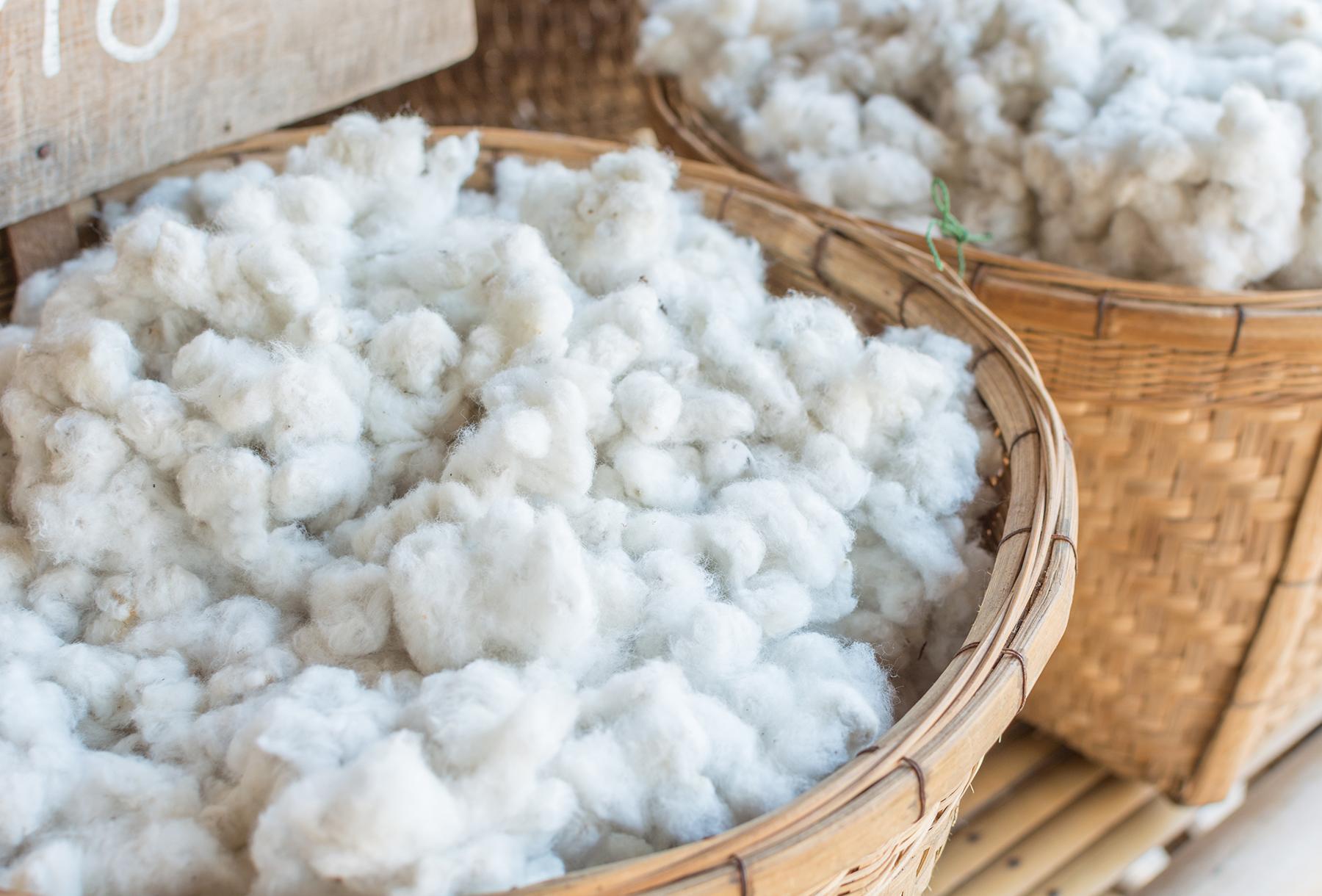
Selection and Evaluation of Raw Material
The production of quality knitted fabrics is based on the selection of quality raw materials. Factors such as the type, quality and fiber length of the yarns have a direct impact on the durability and texture properties of the final product. Provision of standard-conforming and high-quality yarns should be ensured through cooperation with raw material suppliers
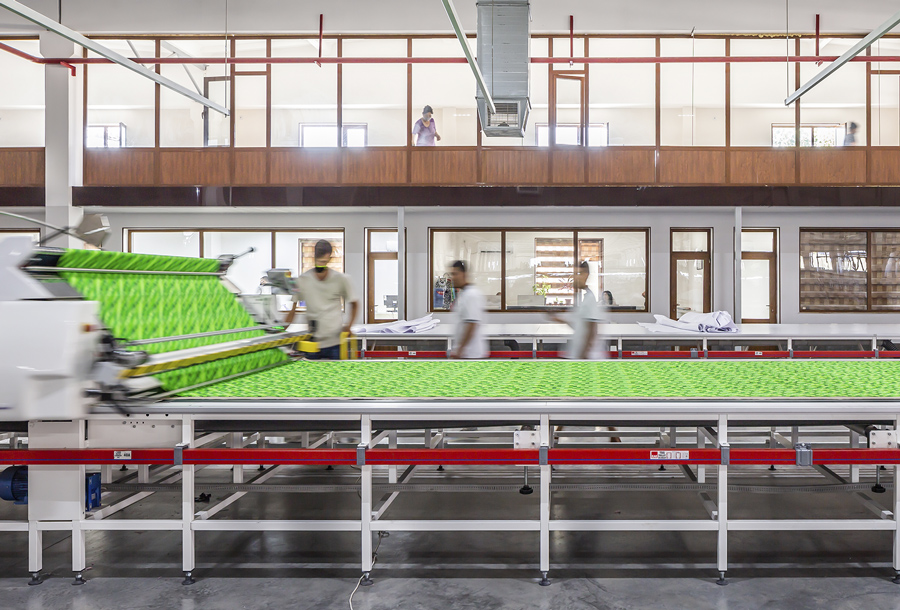
Production Technology and Process Control
Optimizing the technologies and processes employed in the production of knitted fabrics is a critical factor that dictates quality. Automation systems can increase repeatability by reducing the error rate. Monitoring and controlling processes count in ensuring compliance with standards and consistent quality
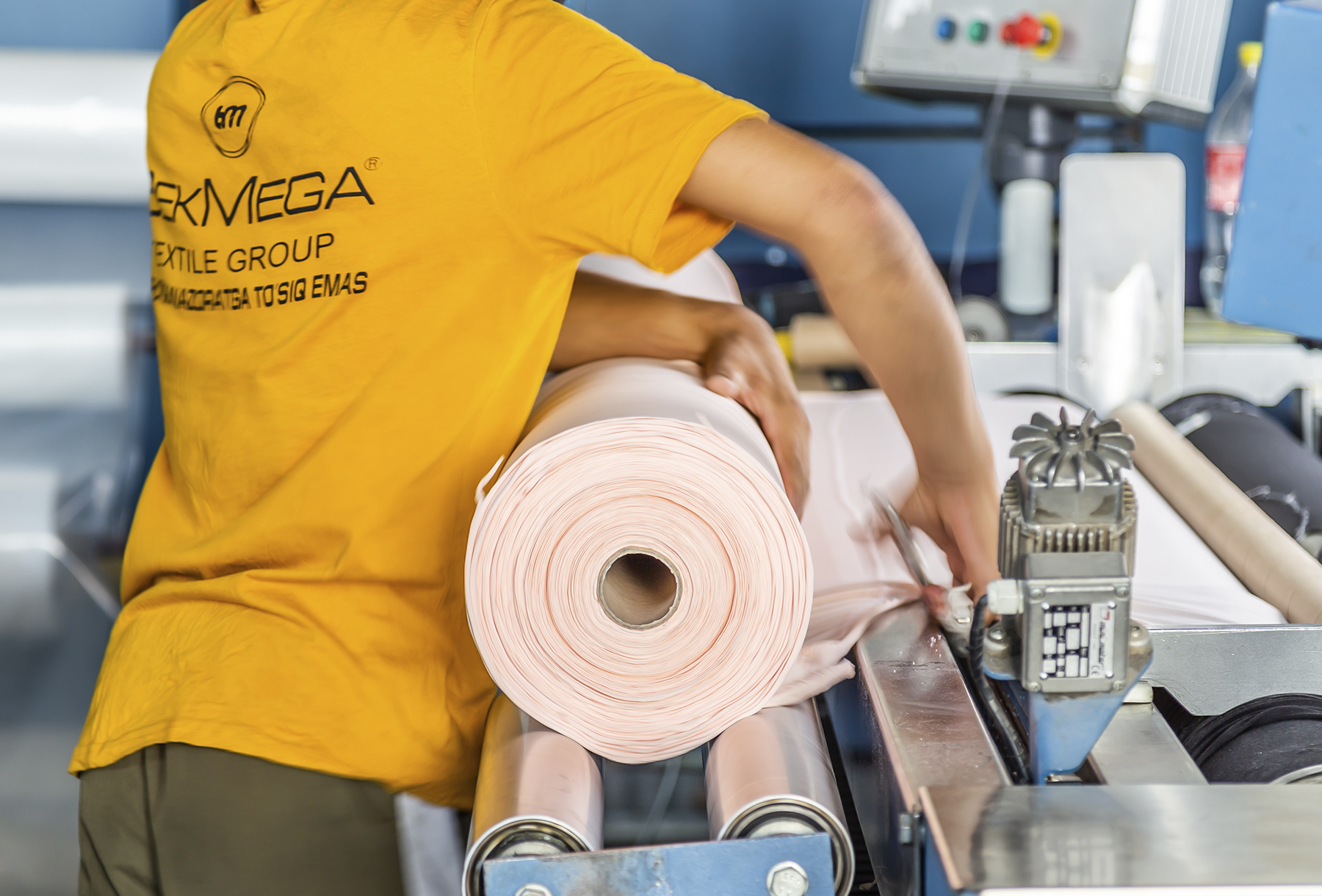
Quality Control and Testing Stages
Quality control should be carried out at every stage of the production process. Various tests, such as sample tests, yarn strength tests, color fastness tests and wear tests are used to determine the quality of the fabric. Conducting these tests regularly and analyzing the results is vital to monitoring and improving product quality.
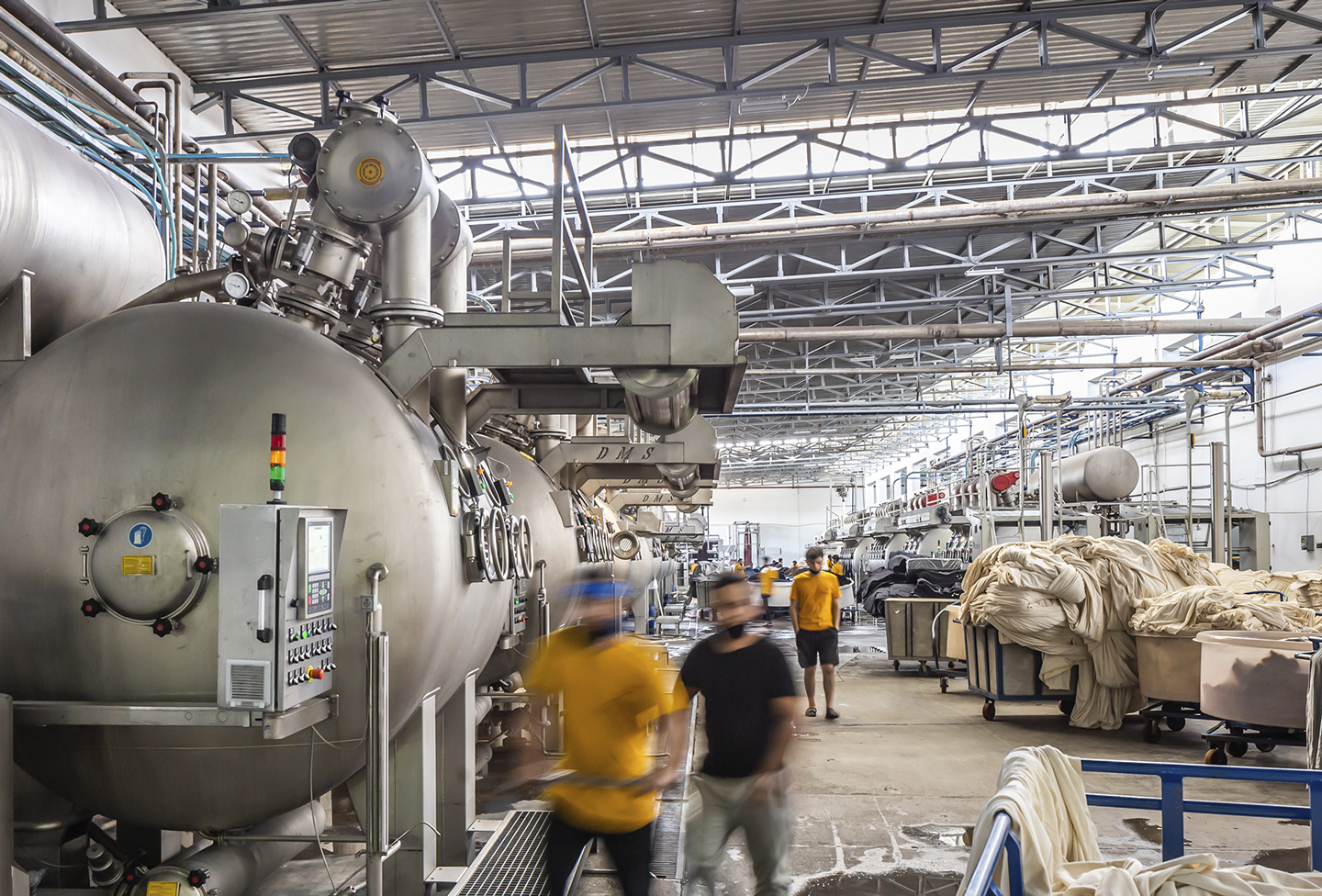
Color Fastness and Dyeing Process
The color fastness of knitted fabrics directly affects the aesthetic appearance and consumer satisfaction. High- quality dyeing processes ensure that the colors do not fade and retain their durability even during laundry washes. Dyeing materials, processing methods, and color matchings must be meticulously managed.
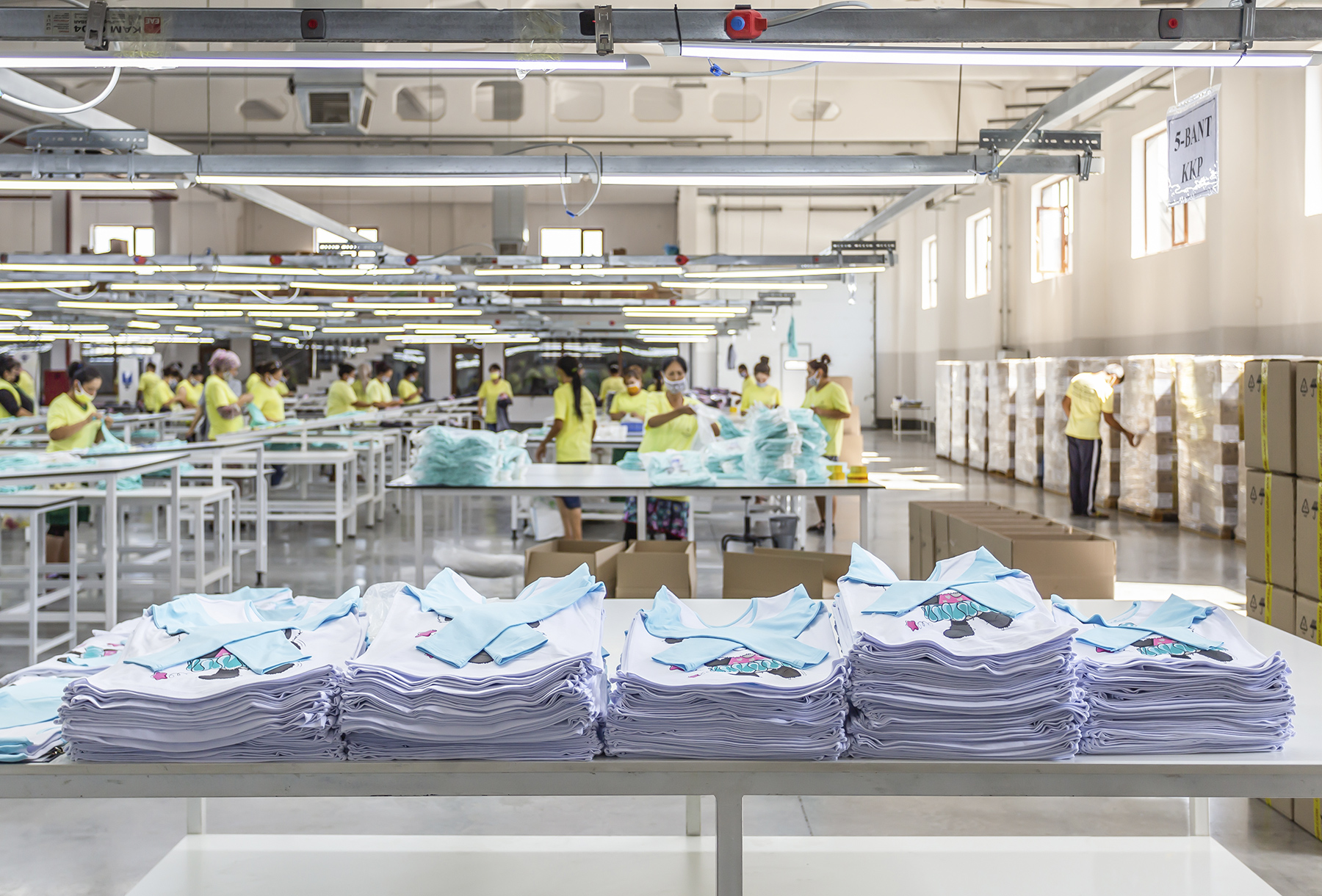
Functional and Technical Performance
The functionality and technical performance that knitted fabrics offer to the end user is another aspect of quality. For example, in sportswear, properties such as sweat absorption, seam strength, and elasticity determine the quality of the product. These features must be tested and conformance to the set of standards must be ensured
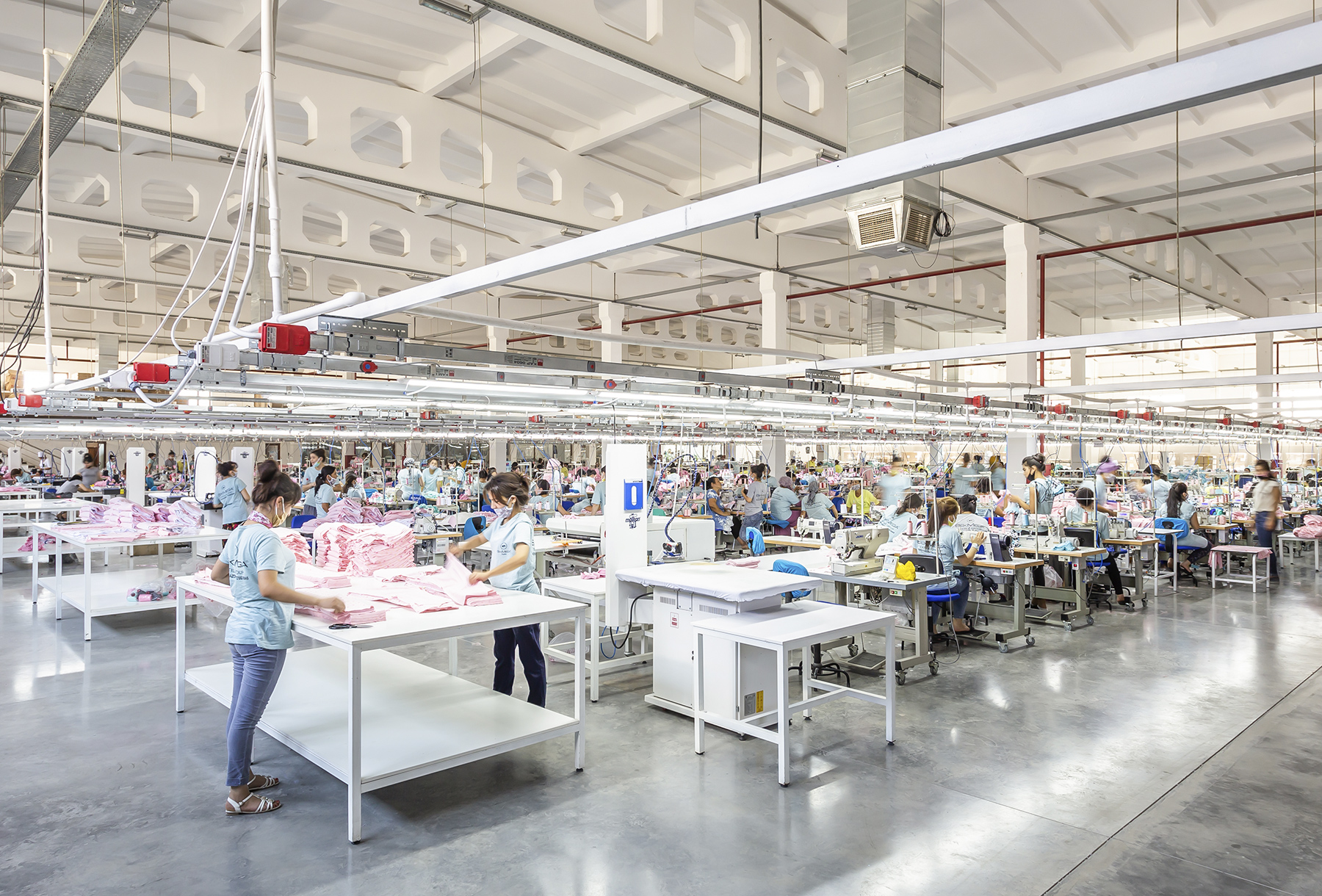
Sustainability and Production
Ethics The production of quality knitted fabrics involves not only technical and functional elements, but also sustainability and ethical responsibilities. Factors such as the sustainability of raw material supply, waste management and suitability of working conditions are the elements that complete the quality.
Quality Control at Bek Mega Yarn Factory
Quality is a Choice
The quality of the fabric is attributed to the yarn, and the quality of the yarn is attributed to the raw material and advanced technology. Our Yarn Facility with 50.880 spindle capacity has a production area of 20.000 m² and a yarn and cotton storage area of 5.000 m², and such capacity will be significantly increased by the Open-End investments with a capacity of 456 spindles and the Compact Ring investment with a capacity of 10.080 spindles planned to be introduced as of 2023-2024.
Our physics laboratory maintains the quality of yarn production at a high level by implementing a meticulously designed quality control process. This comprehensive approach is carried out in full compliance with ISO (International Organization for Standardization) directives and the latest norms of the industry. This dedicated approach aims to ensure that the excellent quality of the yarns is maintained, minimizing production errors.
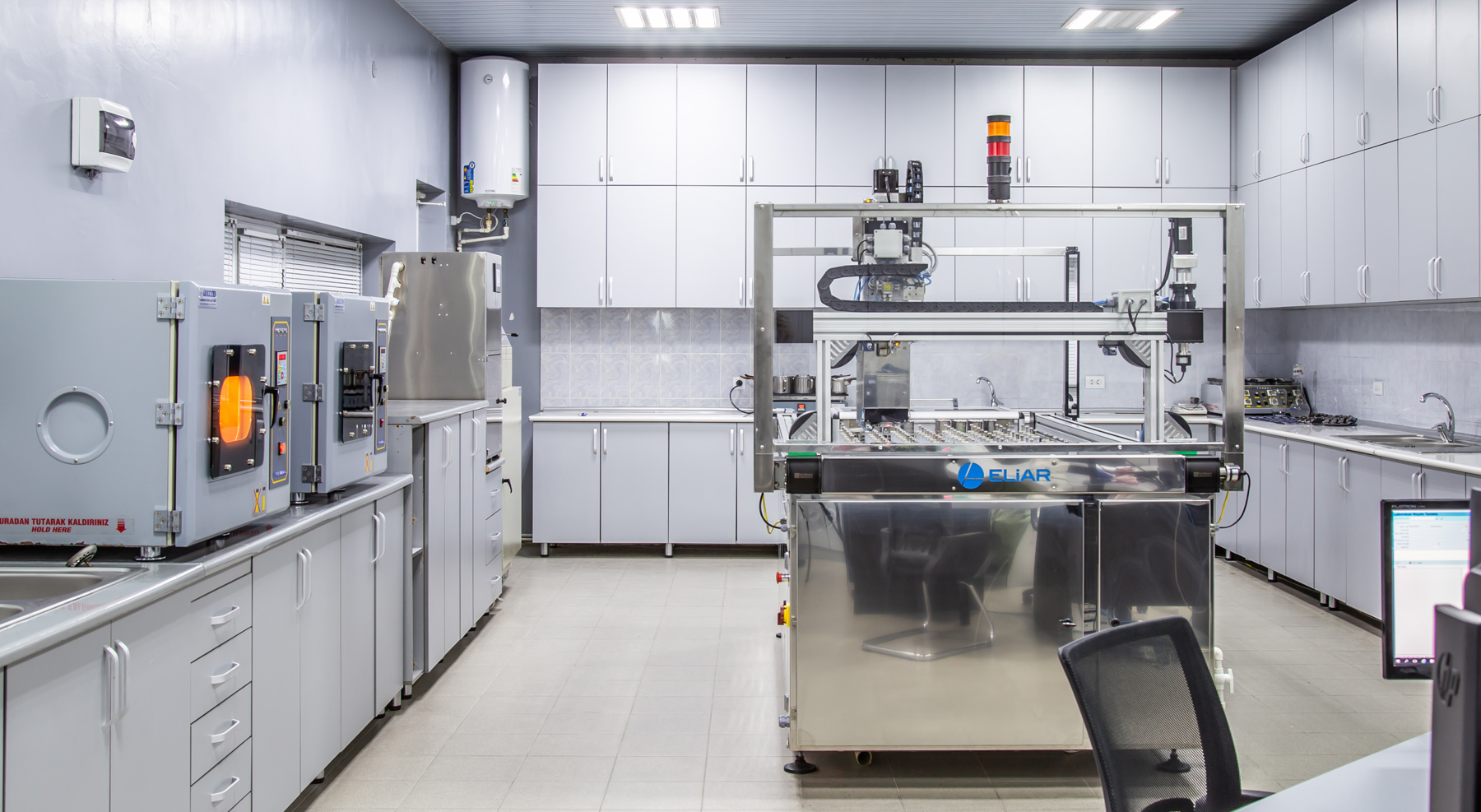
Our laboratory accommodates state-of-the-art devices, such as Uster tester-5, Tensorapid-4, HVI 1000, AfisPro-2, size and winding testing machines, which analyze in depth the durability, density, tensile strength, elongation rate and other basic physical properties of yarns. The data obtained through these devices is quickly processed by the Lab-Expert and Quantum Expert data processing networks. These systems offer a capacity to efficiently perform precise data analyses and report results effectively.
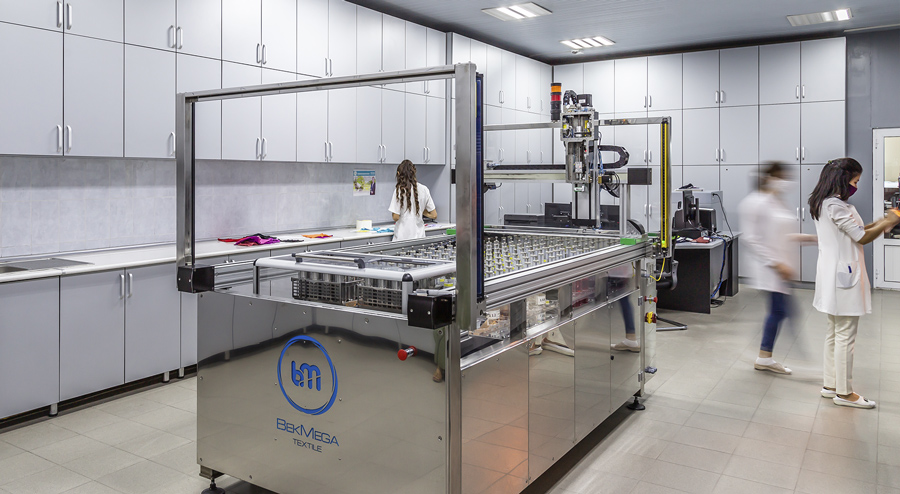

The results of the tests conducted are considered as a valuable resource for diagnosing and correcting potential errors in production processes. This approach not only allows the management of a process in which production decisions are based on more solid foundations, but also contributes greatly to increasing customer satisfaction by continuously obtaining products that conform to quality standards.
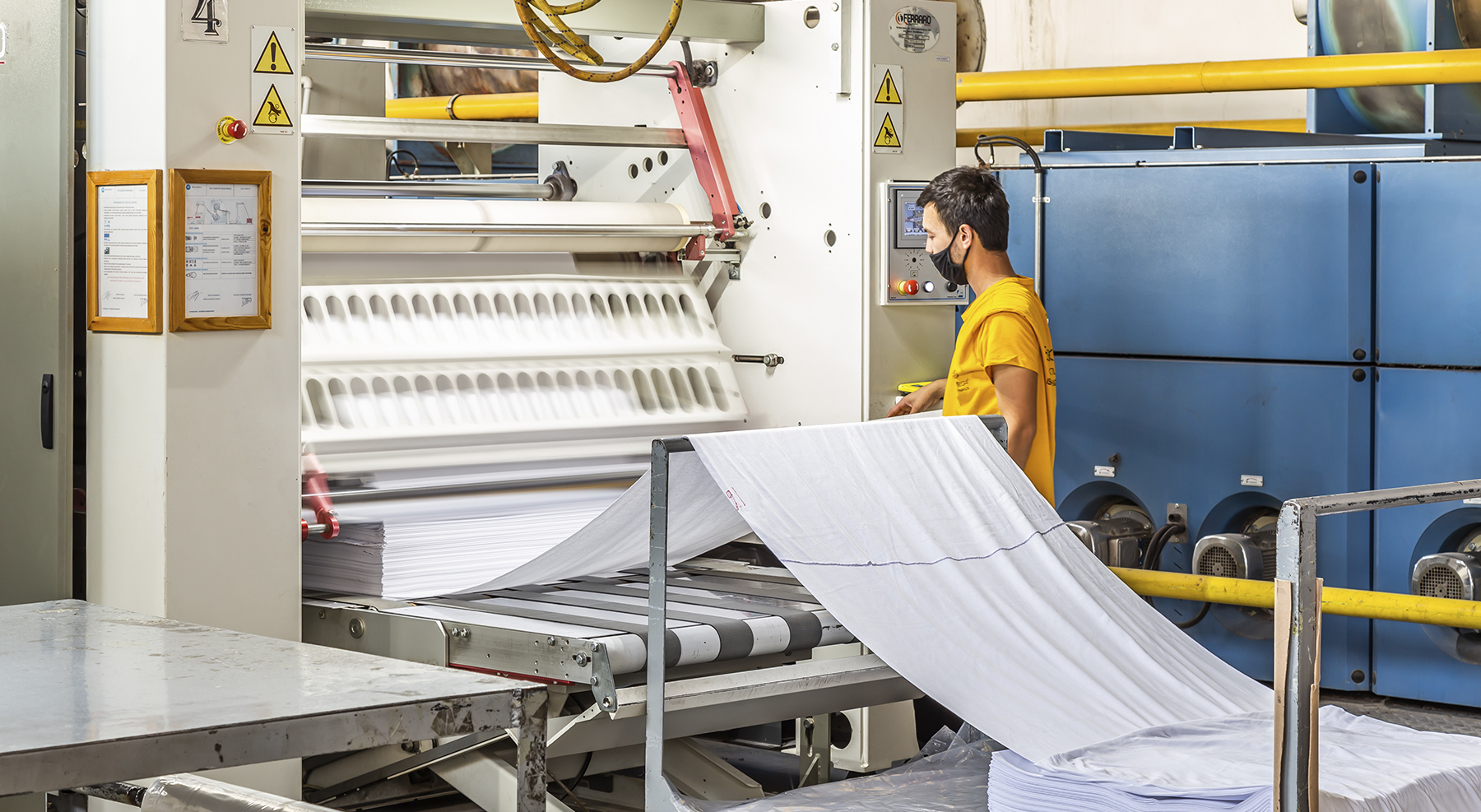

Although the Yarn Physics Laboratory makes an important contribution to the production of superior quality yarns, we always continue our activities by following the latest technological developments of the sector and strictly adhering to international standards. In such manner, we maintain our goal of a leading position in the sector by maximizing customer satisfaction
